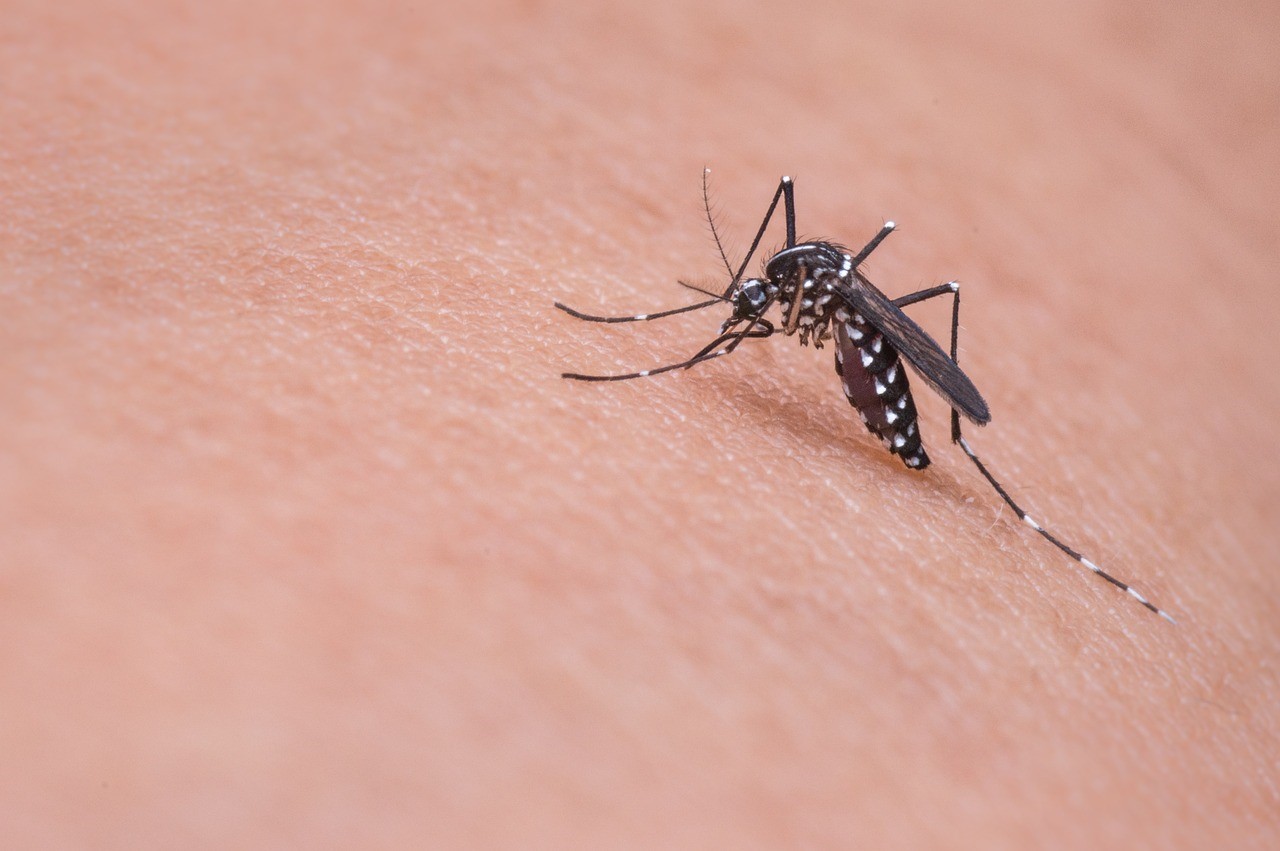
How Does Mosquito Repellent Work?
Ah, the great outdoors! A place where the soul unwinds and the heart finds joy. But this serene picture is often marred by the high-pitched whine and irritating bites of mosquitoes. These tiny creatures disrupt our peace and pose health risks by transmitting diseases. Mosquito repellents have emerged as our knights in shining armor in our quest for comfort and safety. But how exactly do these products work? Why do they seem to repel these persistent pests magically? Understanding the science behind mosquito repellents satisfies our curiosity and guides us in making safer, more effective choices. This knowledge becomes even more crucial, especially in today’s world, where pest control is not just about convenience but also health and safety.
Understanding Mosquitoes: Why Are We Their Target?
Mosquitoes aren’t just buzzing nuisances; they are skilled hunters guided by their keen senses. They’re attracted to the carbon dioxide we exhale, the lactic acid in our sweat, and even the warmth of our bodies. By understanding the elements that attract mosquitoes, we can better appreciate how repellents work to mask these attractants, making us ‘invisible’ to these pests.
The Chemistry of Repellents: What’s Inside the Bottle?
At the heart of any mosquito repellent is its active ingredient. These ingredients, like DEET, picaridin, or natural oils, disrupt the mosquito’s ability to detect what attracts them to humans. It’s like throwing a cloak of invisibility around us. They don’t kill mosquitoes, but they effectively make us unappealing to them.
DEET: The Gold Standard of Repellents
DEET (N, N-Diethyl-meta-toluamide) has been a primary ingredient in mosquito repellents since the 1950s. Its effectiveness lies in confusing mosquitoes, essentially ‘blinding’ their sensory receptors. Despite concerns about its safety, numerous studies have shown that DEET is safe for skin application when used as directed and offers long-lasting protection.
Natural Alternatives: Plant-Based Solutions
Plant-based repellents have gained popularity in a world increasingly leaning towards natural solutions. Oils like citronella, lemon eucalyptus, and geraniol are not just pleasing to our senses but are distasteful to mosquitoes. While they are generally safer, especially for those with sensitive skin, their effectiveness can vary and often require more frequent reapplication.
Repellents and Skin Safety: What You Need to Know
While most repellents are safe for skin application, using them wisely is essential. Over-application and ingestion can lead to adverse effects. It’s also crucial to consider that children and pregnant women might require different types of repellents. As with any skincare product, patch testing and reading labels are key.
Repellents in Different Forms: Sprays & Lotions
The choice between sprays, lotions, and wearable devices often depends on personal preference and situation. Sprays are convenient for quick application over large areas, while lotions can be more precisely applied. Wearable devices offer a hands-free approach but might not provide as comprehensive coverage as skin-applied products.
Impact on Mosquito Behavior: How Repellents Deter
Repellents work by creating a hostile environment for mosquitoes. They interfere with their olfactory system, making it difficult for them to locate their target. This disorientation is key to keeping mosquitoes at bay, significantly reducing the likelihood of bites.
Protecting Children and Sensitive Skin
Children and individuals with skin sensitivities require special attention when choosing a repellent. Pediatricians often recommend specific products that are gentle yet effective for children. The key is to find a balance between efficacy and gentleness.
Environmental Impact: Are Repellents Eco-Friendly?
While our focus is often on personal protection, the environmental impact of repellents cannot be ignored. Chemical-based repellents can have ecological implications, especially when they enter water systems. On the other hand, natural repellents are often more eco-friendly, though their production and sourcing need to be sustainable.
Myths and Misconceptions: Fact from Fiction
The world of mosquito repellents is rife with myths. For instance, some believe that certain foods can repel mosquitoes, while others think repellents can kill these pests. Dispelling these myths is crucial for effective and safe use.
Conclusion
Mosquito repellents, in their various forms and compositions, offer us a shield against the discomfort and potential health risks mosquitoes pose. They exemplify a remarkable application of science, helping us maintain our quality of life even in mosquito-heavy environments. Whether it’s a synthetic chemical or a natural oil, the choice of repellent can significantly impact our outdoor experiences. As we arm ourselves against these tiny yet formidable foes, let’s remember the importance of informed choices, not just for our immediate comfort but also for our long-term health and the well-being of our environment.
In the fight against mosquitoes, knowledge is truly our most potent weapon.



